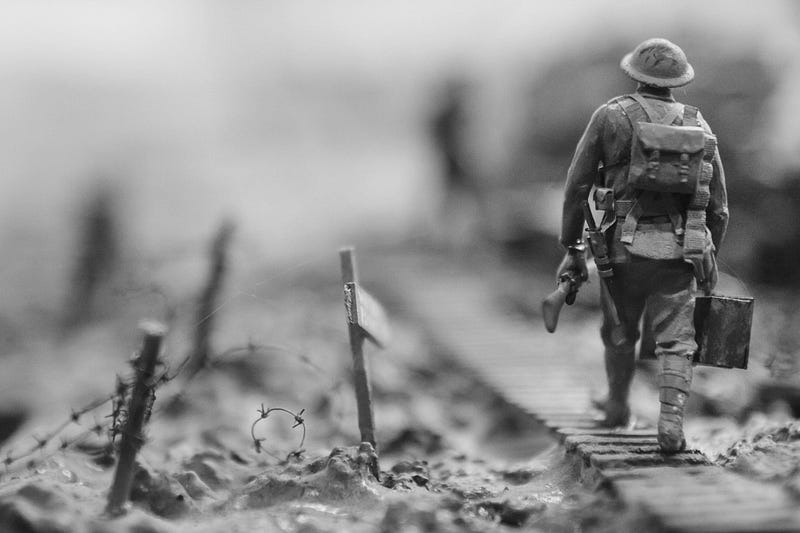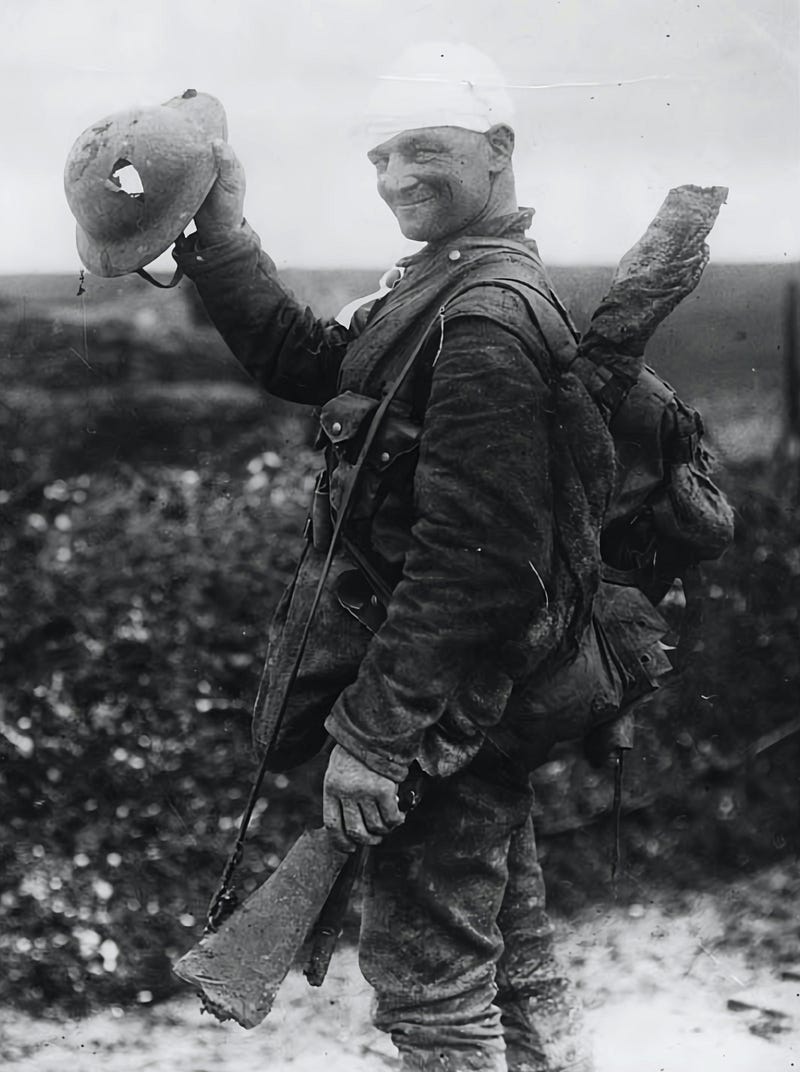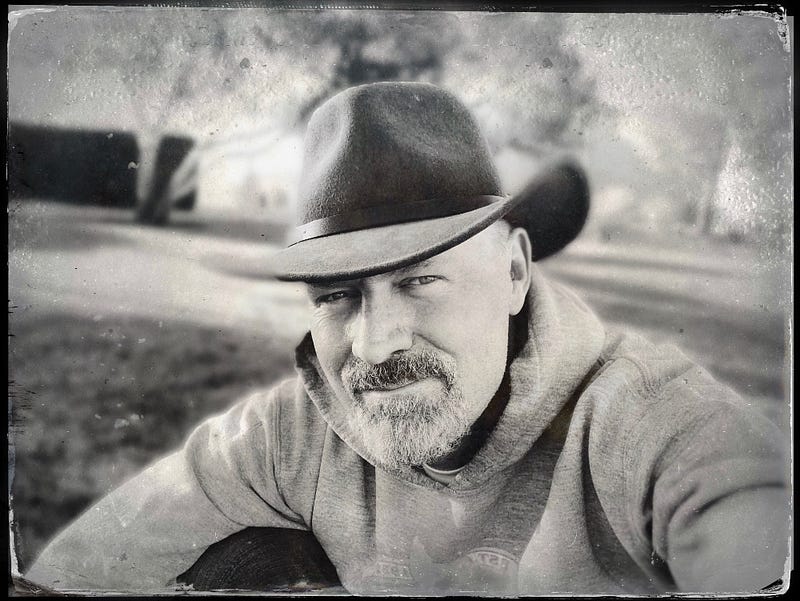Finding Humanity and Grace Amidst Chaos: A Soldier's Story
Written on
Chapter 1: The Battlefield Encounter
In a chilling turn of events, Ruslan Anitin, a Russian conscript, found himself at the front lines of Bakhmut, one of Ukraine's most perilous battle zones. Despite the overwhelming odds, Anitin's story is one of survival against all expectations.
Anitin navigated through the narrow trenches, stepping over fallen comrades as Ukrainian drones loomed overhead, ready to unleash destruction. His unit had suffered devastating losses, leaving him in a dire situation.
As detailed in a Wall Street Journal report, Anitin, a 30-year-old man with a background in veterinary studies, never anticipated being thrust into the horrors of war. He had assumed that the professional military would handle the conflict, rendering a draft unnecessary. Unfortunately, he was mistaken.
With exhaustion setting in and death looming, Anitin faced a crucial choice. Wagner forces had made it clear: refusal to follow orders would lead to execution. In a desperate bid for survival, he made the decision to surrender to the drone overhead. He dropped his weapon, signaling with his hands and pleading for mercy.

As reported, Anitin's plea was transmitted to a command post where Colonel Pavlo Fedosenko and his team deliberated. The directive was clear: “Try to take him alive.”
Chapter 2: The Decision to Spare
The Ukrainian drone pilots, observing Anitin's gestures, communicated through a series of movements and signals. Eventually, they attached a message in Russian to a drone, instructing him to follow it to safety.
This moment raises a significant question: in a future dominated by artificial intelligence in warfare, would an AI drone show mercy to a soldier seeking to surrender?
The footage of Anitin's ordeal is both harrowing and inspiring. As the drone operators, led by a young man with the call sign "Boxer," witnessed Anitin's fearful demeanor, they made a pivotal choice. Boxer explained, "Even though he is an enemy, I still felt pity for him."
The act of compassion displayed by the drone pilot reminds us of the essential humanity that still exists, even in the darkest circumstances.
Chapter 3: Lessons from History
Reflecting on past wars, we can find parallels with the trench warfare of World War I, where the brutality of conflict was momentarily eclipsed by acts of humanity. In 1914, soldiers from opposing sides set aside their weapons to share camaraderie during a spontaneous Christmas truce.

As recounted in a Los Angeles Times article, this unexpected truce allowed soldiers to exchange greetings, share gifts, and even play soccer, reminding us that even amidst hatred, humanity can shine through.
Anitin's journey continued as he evaded Russian artillery to follow the drone to safety. Ultimately, he surrendered to Ukrainian forces, hoping to return to his wife and infant daughter in Russia.
Chapter 4: A Call for Humanity
Anitin expressed a desire to return home, even if it meant imprisonment. His heartbreaking plea resonates deeply, as even his enemy, the Ukrainian drone pilot, chose empathy over vengeance.
Mahatma Gandhi once said, "You must not lose faith in humanity. Humanity is like an ocean; if a few drops of the ocean are dirty, the ocean does not become dirty." This sentiment rings true, reminding us that while the world may often seem filled with violence and discord, there are always glimmers of hope and kindness.
As we navigate through the complexities of life, let us hold onto the flame of compassion that resides within us, ensuring that we continue to find grace in the most unlikely places, even amidst the ruins of war.
Before you go

I’m John P. Weiss. I write elegant stories and essays about life. If you enjoyed this piece, check out my free weekend newsletter, The Saturday Letters.